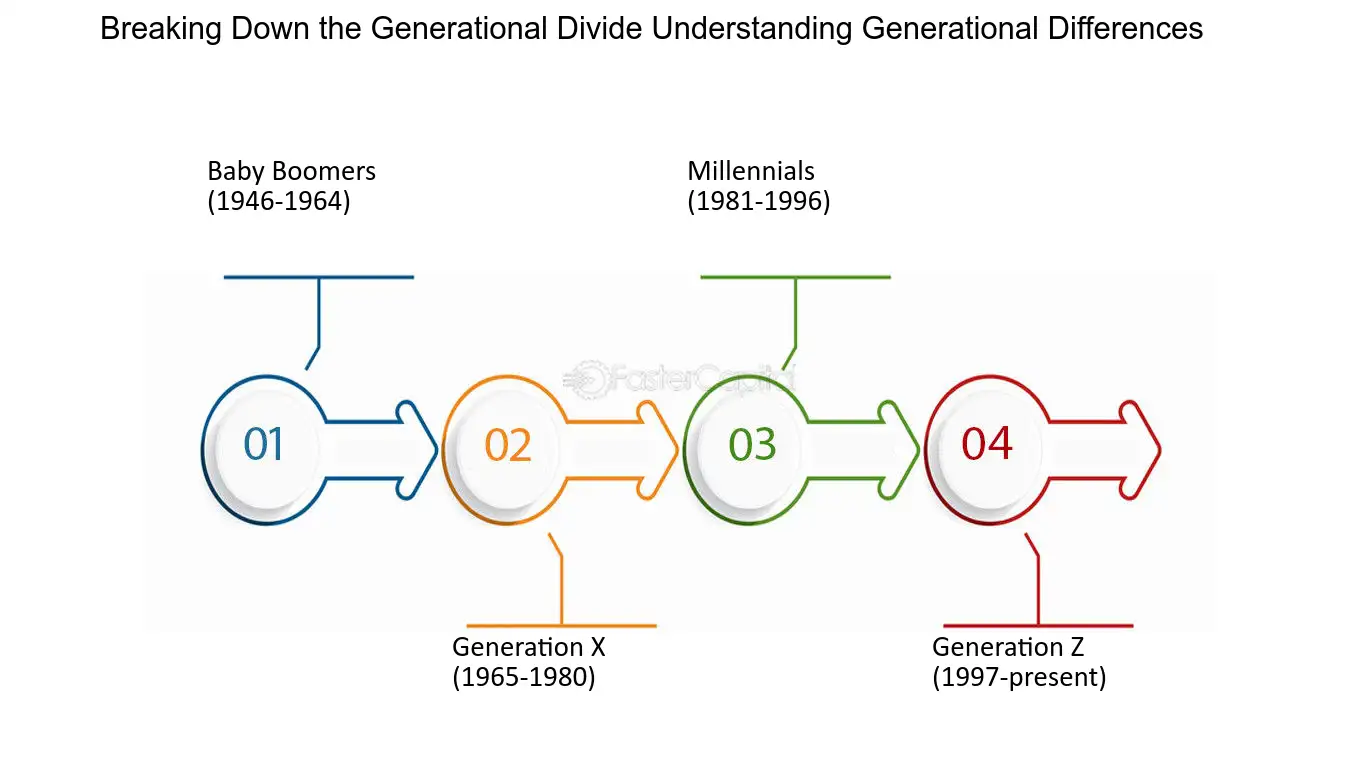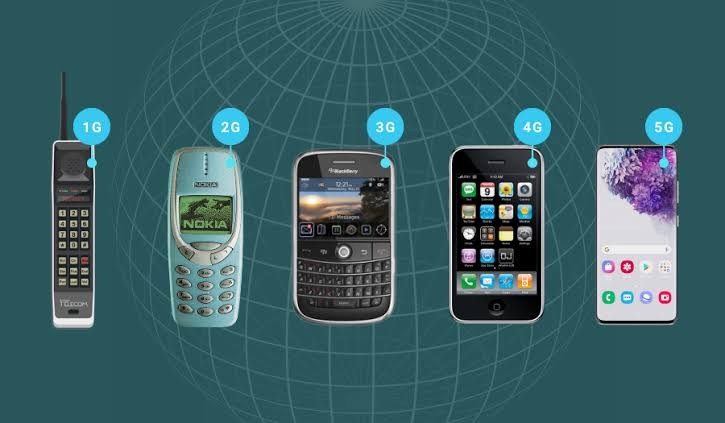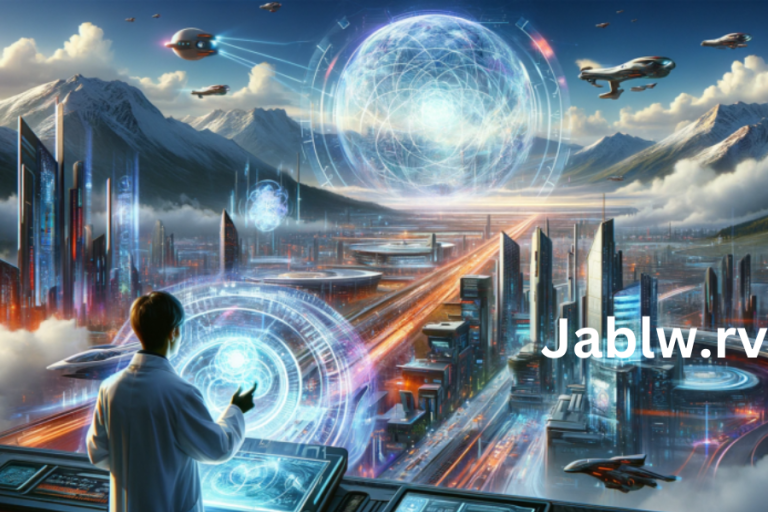Deciphering the Patterns of History: Understanding Generational Differences Through the Ages
Introduction to Generational Study
The fascinating study of generational differences punctuates our society’s collective narrative. These distinctions influence everything from consumer trends to political landscapes, underscoring the need to delve into the intricacies of generational analysis. Each generation carries unique experiences marked by specific societal norms and events. The focal point often centers on quantifying a generation’s length, which can vary widely across different contexts. The seminal query, how long is a generation in years, opens a dialogue considering the subtle and monumental shifts between one collective group and the next. A complex interplay of time-bound characteristics, life-defining moments, and the shared ethos binds these cohorts together, shaping not just their lifetimes but the legacy they leave behind.
Defining a Generation: Parameters and Perspectives
The traditional concept of a generation spans approximately 20 to 30 years, yet this range only scratches the surface of what constitutes a generational divide. The multifaceted nature of defining a generation considers a convergence of factors – the era’s zeitgeist, prevailing socio-economic conditions, the birth of new cultural norms, and the transformative life events that a group of individuals collectively experiences. This shared ‘generational personality’ is the essence that separates and distinguishes one age group from another. In different cultures, the significance and roles of these generations can vary greatly, providing a rich tapestry from which to conclude the ebb and flow of societal evolution.
The Impact of Historical Events on Generational Identity
Historical events are the anvil upon which generational identities are forged. Significant occurrences such as wars, economic depressions, or technological revolutions carry the power to shape the perceptions, behaviors, and expectations of those who live through them. Generations defined by the Great Depression, for instance, emerged with a strong sense of frugality and resilience. Contemporary occurrences like the collapse of the Berlin Wall or the onset of the internet era have caused waves that have molded the features of today’s geopolitical environment. These pivotal moments are so influential that they can even inspire the nomenclature for generational cohorts, cementing their place in history. For instance, the ‘Greatest Generation,’ as chronicled, was characterized by their collective bravery and sacrifice during World War II, garnering a unique respect across subsequent generations. The role of historical events in shaping generations highlights the interconnectedness of human experiences and the indelible imprint they leave on society.
The Generational Divide in Modern Times
In contemporary society, the generational divide is more pronounced than ever, with distinct characteristics marking each cohort from the post-war Baby Boomers to the tech-savvy Generation Z. These generational delineations often come with preconceived notions and a fair share of intergenerational tension. Issues such as technological adoption, political views, and lifestyle choices can vary dramatically, leading to a patchwork of perspectives and potential conflicts. However, this colorful mosaic of generational personalities can also be a source of immense strength and innovation. By understanding and harnessing the unique attributes that each generation brings, we can facilitate a richer exchange of ideas and drive progress in business, culture, and community relations.
Technological Advancements and Generational Shifts
The pace of technological progress has galvanized a rapid evolution of generational characteristics, particularly in how different age groups interact with new developments. Each generation has its hallmark technological breakthroughs. For Millennials, the expansion of the internet marked a shift toward a more connected world. In contrast, Generation Z cannot conceive of a reality without the omnipresence of smartphones and social media. The impact of technology extends far beyond how we communicate; it redefines education, work, relationships, and personal identities. As we venture into an increasingly digital future, the coming generations will inevitably mold and be molded by the technological landscape of their times. Technological advancements thus play a pivotal role in demarcating generational boundaries and will likely continue to be a defining factor in shaping the emergent characteristics of new cohorts.
Social and Economic Factors Influencing Generations
Generational experiences are not isolated phenomena; they are inextricably linked to the social and economic fabric of the times. Market fluctuations, job market shifts, housing bubbles, and economic crises etch deep grooves into the collective consciousness of a generation, influencing their values, priorities, and decision-making processes. Millennials, for example, came of age during a significant economic downturn, influencing their attitudes toward employment stability, home ownership, and investment strategies. Conversely, post-millennial generations are entering a world where gig economies and entrepreneurial endeavors are becoming more common, potentially altering the traditional career trajectories valued by previous generations. These divergent economic landscapes help explain different age groups’ wide-ranging aspirations and strategies as they navigate their personal and professional lives.
Cultural Heritage and Generational Legacy
Amidst the constant churn of societal changes, generations serve as a bridge, transmitting the cultural heritage and traditions from one epoch to the next. They are crucial in defining collective memory and shaping the legacy passed on to future cohorts. These generational bequests include language, beliefs, customs, and arts—each modified, sometimes gradually, sometimes dramatically, by the era’s rhythm. Cultural heritage is preserved and perpetuated through generational exchange, providing a sense of continuity even as each group leaves its distinct mark on the evolving societal narrative.
Studying Genealogy: A Window into Generational Links
Genealogical research is a compelling portal into the past, serving as a tapestry that portrays the intricate connections within and across generations. Studying one’s lineage is more than a simple tracing of ancestry; it provides invaluable insight into the socio-cultural dynamics that have influenced family units and individual lives. Genealogy captures the essence of generational progressions and reveals patterns often recurring within families or lineage groups. It also highlights the shifts that occur over time—changes in occupational trends, migrations, and marriages that serve as microcosms of more significant societal transitions. These discoveries are not just of personal interest; they contribute to a broader understanding of generational shifts and underscore the importance of preserving historical narratives in understanding our collective identity.
Generations at Work: Bridging the Gap
The workplace often becomes a melting pot where generational differences are highlighted and negotiated. Successful organizations recognize the advantages of tapping into different generations’ distinctive skill sets and perspectives. From the experience and wisdom of older employees to the innovation and tech-savviness of younger workers, the challenge is to create harmonious teams that leverage these varied assets. Workplace dynamics are continually evolving, with trends like remote work and flexible schedules emerging as responses to the needs and expectations of a diverse workforce. Bridging generational gaps requires a thoughtful combination of policies, practices, and communication strategies that respect and value the contributions of all age groups.
Future Predictions: Projecting the Next Generation
Speculating on the defining characteristics of future generations is an exercise rich with possibility. Will the upcoming cohorts value virtual connections over physical interactions? What kind of lives and careers will they lead due to emerging technologies like automation and artificial intelligence? Forecasting these trends is more than academic curiosity; it holds practical implications for how society prepares for and adapts to the inevitable generational transitions. As we observe current youth behaviors and emerging societal patterns, prognostications about impending generational identities become part of the ongoing discourse that will shape policies, education systems, and market strategies for years.
Conclusion: Embracing Generational Diversity as a Strength
The intricate patterns of history, woven by myriad generational threads, reveal a vast and vibrant societal quilt. As we strive to understand the distinct contributions of each cohort, the appreciation for generational diversity becomes amplified. This multidimensional perspective fosters a society that values wisdom while nurturing innovation, blending the best of the past with the promise of the future. Recognizing that each generation contributes unique strengths and perspectives to our collective narrative is fundamental to building empathetic communities that thrive on inclusivity and respect. Thus, as keepers of history and architects of tomorrow, we must honor and harness generational diversity’s power to ensure a harmonious and prosperous human saga.
Stay in touch to get more updates & news on Discover Headline!







